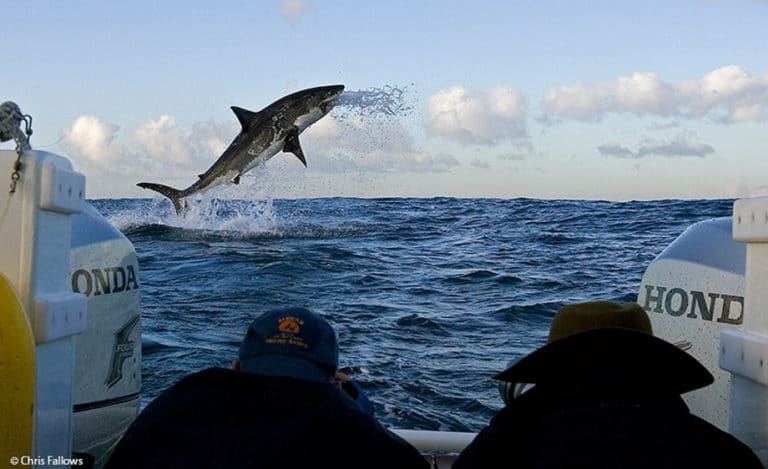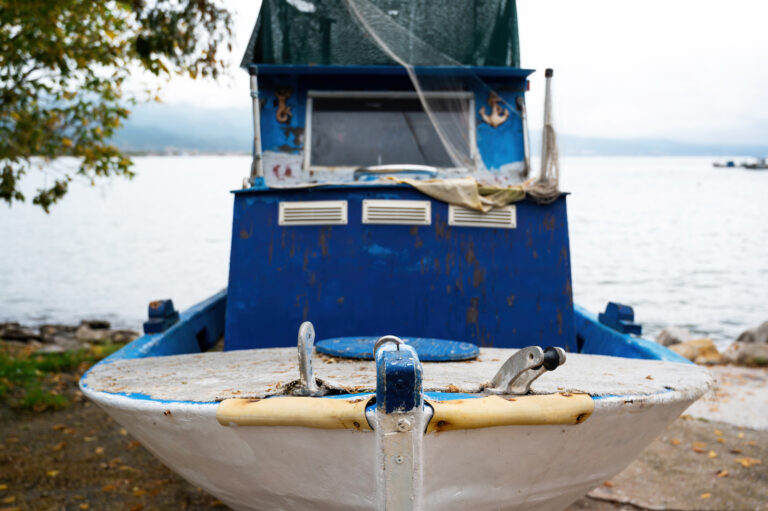By Courtney Cooper
Eco-Friendly Shark Tourism: How Can You Contribute
South African destinations such as Cape Town and Gansbaai have been popular among shark tourists due to the excellent opportunities for shark cage diving and observation. An exciting new opportunity has opened for marine conservationists and adventurers alike: tourism focused on the ocean’s most misunderstood predator. But as the number of tourists continues to rise, so does the urgency of finding sustainable ways to protect shark populations and their habitats. Taking a shark tour is a great way to show your support for the preservation of these aquatic marvels. In this article, we discuss eco-friendly shark tourism and how you can contribute.
We also discuss further shark facts that you might be interested in! Apex Shark Expeditions provides the best shark cage diving hermanus.
How to Make Shark Tourism Eco-Friendly: Your Role in Conservation
Find a Tour Operator You Can Trust
Which tour operator you choose is the first step in making shark tourism more environmentally friendly. Do your homework because not all operators use eco-friendly procedures. Search for businesses that:
- Limit the number of boats and people near shark hotspots and follow other stringent conservation restrictions specified by South African marine authorities.
- Avoid exploiting the sharks’ natural habits by adhering to ethical baiting procedures and using natural tactics.
- Instead of encouraging fear-based entertainment, educate their guests on the value of sharks in marine ecosystems.

Support Research and Conservation Efforts
Many shark tourism operators in South Africa work together with researchers to better understand shark behaviour and population dynamics. By booking tours with these operators, you’re indirectly funding shark research.
Research on the Bronze Whaler shark is a case in point. This shark species faces extinction due to overfishing. Since 2021, Apex Shark Expeditions have worked with Matshidiso Malatji from the Department of Forestry, Fisheries, and the Environment to propose False Bay as a Marine Protected Area. Evidence shows False Bay is a vital birthing and nursery ground for female Bronze Whalers. Most sightings are female, reinforcing this. In November 2023, the department added 146 requiem shark species, including the Bronze Whaler, to the CITES list, requiring permits for international trade to help combat overfishing.
Apex Shark Expeditions has collaborated with the University of Miami to conduct innovative studies on Seal Island’s great white sharks and the effects of climate change on their habitat. Apex also supports, and takes part in shark research at the De Hoop Marine Reserve in South Africa, drawing attention to the necessity of MPAs and the precarious position of shark species.

View with Integrity and Raise Awareness
Shark tourism in South Africa goes beyond only cage diving. Shark viewing from a boat allows you to see these magnificent creatures up close and personal without having to get too close. Treat all marine creatures with the utmost respect, including whales, dolphins, penguins, and seals.
Supporting sustainable operators, bringing attention to shark protection, and sharing your experiences on eco-friendly shark tours are all great ways to get the word out. By doing so, we can change people’s minds on the need to preserve these magnificent creatures.
We also share insight into how shark tours are conducted safely and responsibly.




